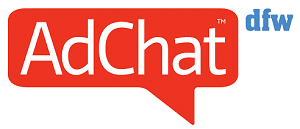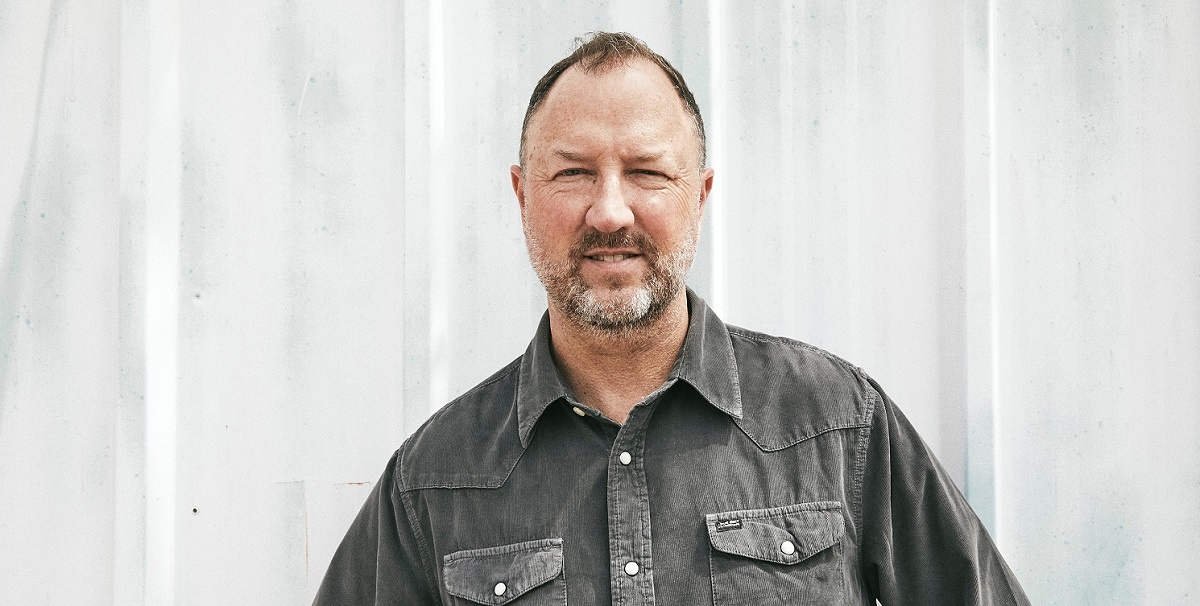by Samantha Moeller, Account Supervisor, Dieste
I recently had the privilege to participate in Omnicom’s Emerging Stars program, in which multiple cross-disciplined teams were challenged to focus on a female contraceptive product for a healthcare client. Our task was to position long-acting reversible contraceptives (LARC), such as the intrauterine device (IUD) or arm implants, to be top of mind when women consult with their healthcare provider on birth control options. Trends in the usage of LARC have shown significant growth in recent years after a steep decline that started in the late 80s. And, according to the CDC, LARC use has more than doubled among Hispanic and non-Hispanic white women.
What did we learn? Our target was defined as: women ages 18 – 34, single, no kids. So, to better understand our audience (we named her Tara), we conducted both qualitative and quantitative research. One of the key insights pointed directly to external forces, such as policymakers, movies, TV or brands, that tend to prescribe a generalized vision of women’s success and empowerment. These external forces often put their target in a box by narrowly defining the factors that make these women successful and strong.
How do we know this? Our quantitative survey showed that only 27% of women could identify with the goals being portrayed in advertising that are meant to empower them.
What’s the reality? Our target prefers forging her own path and defining her own success. She resonates with a quirkier definition of what it means to be empowered, and one that feels true to her.
– Today, being empowered means being armed with the information to make choices for yourself – in lifestyle and in birth control.
–When asked what area in their life is most important to have a choice in, 58% of our respondents said it was their health.
Furthermore, through our quantitative survey, when asking about what it means to be a woman, we received a number of responses that described being “whatever you want to be” and having power to know your options and staying informed.
Other interesting facts we learned from our focus groups are that 4 in 5 respondents have switched birth controls at one point or another and that women know that there is no one-size-fits-all birth control. Participants spoke at length about the many different options they and their friends have tested out to varying results. Women across all walks of life have had this conversation with their friends, and our target relates to it.
The takeaway? After speaking to Tara, we really felt that what she was looking for was partnering with a brand that gives her the power to choose the right birth control for her. As a prominent subject in politics today and the potential rollback of insurance coverage on birth control, it is important now more than ever to really understand how women view themselves in their environment in order to connect with them in an authentic way.
The research my team conducted in order to better understand our target was invaluable in developing the winning strategy. This experience exposed me to women from all walks of life, who are connected by the same issue – the struggle to find a female contraceptive product that really understands them and delivers all their needs. One thing is for certain, when women get together to talk about something as personal as this, we can all agree that being open and honest about our experiences is the only way to get brands to deliver the product we want.
Samantha is an Account Supervisor at Dieste and joins us from her previous life as a ninja. After ten years in the Army she decided to let her hair down and surround herself with creative peeps. A jack of all trades, she has an endless curiosity learn something new – her latest venture, oil painting.









